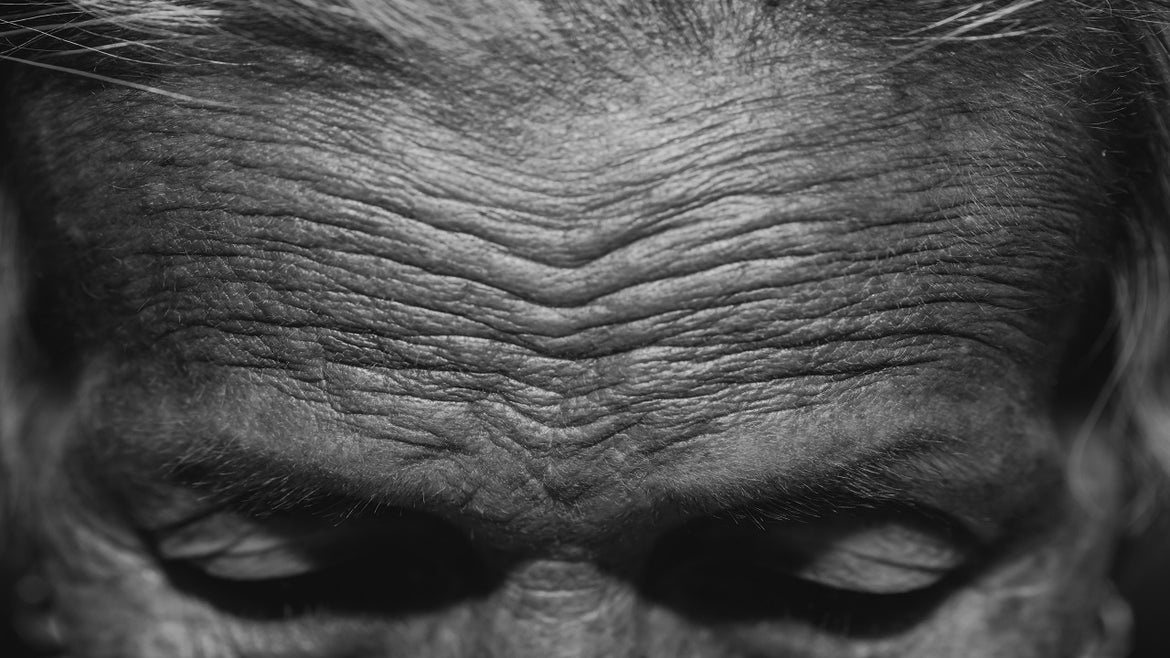Scientists at Simon Fraser University in Canada say they are developing a biosensor that can be used to screen for Alzheimer’s and other diseases including cancer.
Canadian scientists say they are devoping a sensor that will aid early detection in people with Alzheimer's disease and other life-threatening afflictions.
Researchers at Simon Fraser University had their work recently published in the journal Nature Communications.
Their project centers on developing a biosensor that detects a type of small protein that is part of inflammation in the body. Abnormal levels of the protein have been linked to Alzheimer’s, cancer, autoimmune disorders and heart disease.
“Our goal is to develop a sensor that’s less invasive, less expensive and simpler to use than existing methods,” said assistant professor Michael Adachi, co-leader of the project.
“These sensors are also small and have potential to be placed in doctor’s offices to help diagnose different diseases, including Alzheimer’s disease,” he added.
The researchers plan to test the biosensor in clinical trials to determine its effectiveness in detecting the protein in blood samples, which contain many interfering substances.
Related Stories






